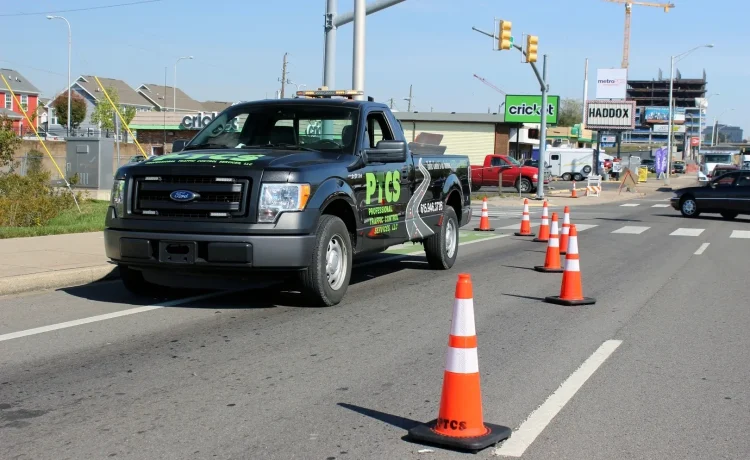Managing traffic safely and efficiently during roadwork, public events, or emergency situations requires more than just placing cones on a street. Professional traffic control services provide comprehensive planning, skilled personnel, and specialized equipment to ensure public safety, regulatory compliance, and smooth traffic flow.
But what exactly is included in these services? Whether you’re overseeing a construction project or planning a large community event, here’s what you can expect from a reliable traffic control service provider.
1. Site Assessment and Planning
Before any traffic management tools are deployed, professionals conduct a thorough site assessment. This involves:
- Evaluating traffic volume and patterns
- Identifying potential hazards
- Considering pedestrian movement
- Mapping out access points, intersections, and emergency routes
Based on this information, a tailored Traffic Control Plan (TCP) is developed. This plan outlines lane closures, detours, signage placement, and safety measures to be implemented on-site.
2. Equipment Rental and Setup
Traffic control services typically include access to a wide range of safety equipment, such as:
- Traffic cones and delineators
- Barricades and crash-rated barriers
- Portable traffic signs
- Variable message boards
- Arrow boards and flagging stations
Professionals handle the safe and accurate placement of these devices according to regulatory standards and site-specific needs.
3. Certified Flaggers and Traffic Technicians
Flaggers are crucial to directing traffic in real time, particularly in active work zones. Professional services provide trained and certified personnel who understand:
- Provincial and local traffic control laws
- Hand signaling protocols
- Communication techniques for coordinating with construction crews or emergency responders
Technicians also monitor and adjust traffic patterns as conditions change—helping to maintain both flow and safety throughout the operation.
4. Permits and Regulatory Compliance
Depending on the jurisdiction, road closures, lane reductions, or sidewalk obstructions often require permits. Traffic control providers assist with:
- Applying for local and municipal permits
- Preparing necessary documentation and engineering drawings
- Ensuring the Traffic Control Plan meets all legal standards
This administrative support streamlines the approval process and protects clients from potential fines or project delays.
5. Emergency and 24/7 Services
Some situations—like infrastructure failures, water main breaks, or accident scenes—require immediate response. Professional providers offer around-the-clock service for emergency deployments. Their rapid response teams arrive quickly, set up controls, and work alongside police, fire, and utility crews.
This fast action ensures public safety while minimizing road closure times.
6. Event Traffic and Crowd Management
For festivals, marathons, parades, and concerts, crowd control and temporary traffic redirection are critical. Services often include:
- Creating pedestrian-safe zones
- Coordinating parking and shuttle services
- Directing vehicle access for vendors and staff
- Working with law enforcement to manage entry and exit points
Experienced crews ensure that events run smoothly without bottlenecks or safety incidents.
In the midst of these critical services, Salus Traffic Control services stand out for delivering end-to-end traffic solutions—from detailed planning to on-the-ground execution. Their team combines engineering knowledge with hands-on experience, making them a trusted choice for both small jobs and large-scale operations.
7. Monitoring and Documentation
Traffic conditions are constantly changing. Professional services include site supervision and real-time monitoring to adapt quickly. Documentation—such as daily logs, inspection reports, and incident summaries—helps clients track compliance and supports insurance or legal follow-ups if needed.
Conclusion
Professional traffic control services go well beyond directing traffic—they involve comprehensive planning, certified staff, regulatory navigation, and rapid deployment of safety infrastructure. Whether you’re managing a construction site, planning a public event, or responding to an emergency, a qualified traffic control provider ensures everything moves safely and legally.







